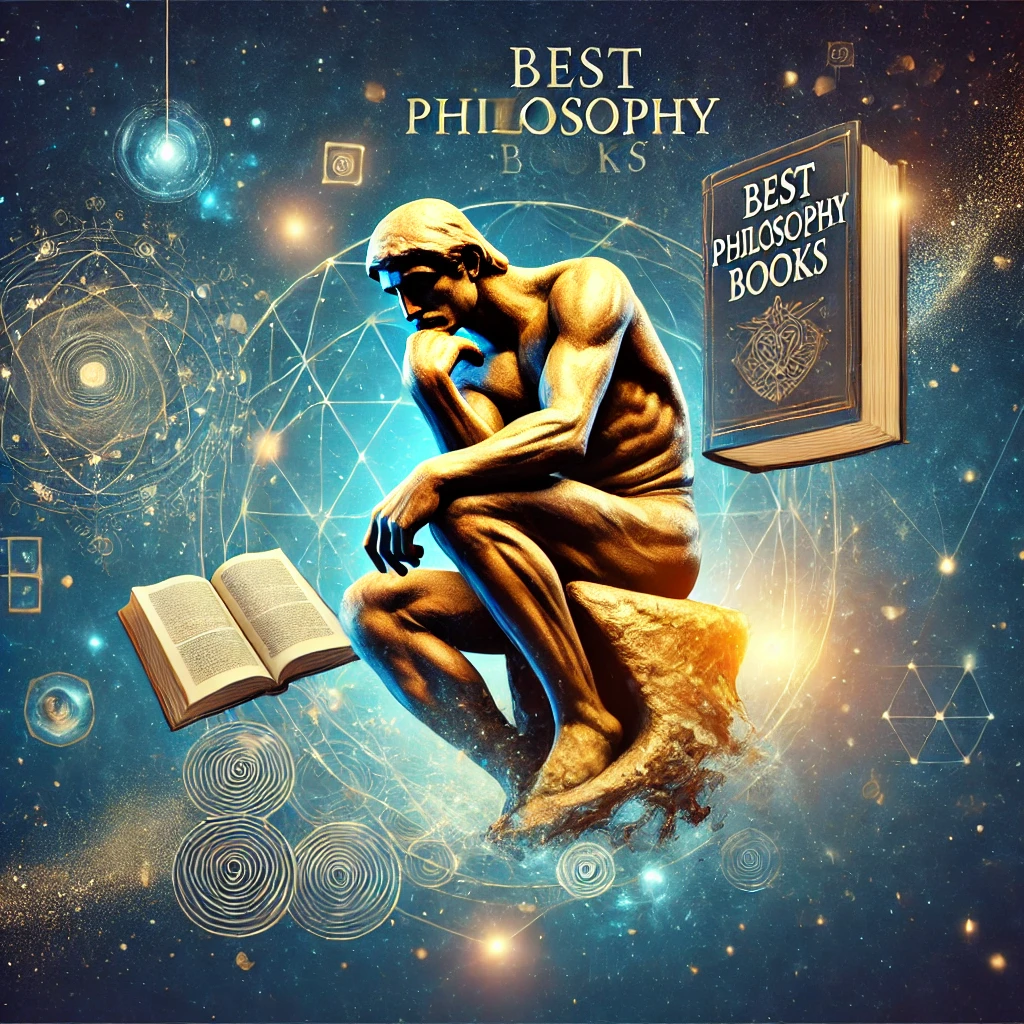The Republic
Plato’s “The Republic” is a timeless masterpiece that still captivates readers today. I found myself drawn into its thought-provoking dialogues on justice, society, and human nature. Socrates’ probing questions challenged my assumptions and made me ponder the ideal state. While dense at times, the vivid allegories like the Cave kept me engaged. It’s remarkable how relevant many of the ideas remain, even after 2,400 years. A challenging but rewarding read that left me pondering long after I finished the last page.
 Dive into the profound world of philosophy, where timeless ideas and deep questions about life, existence, and human nature come to the forefront. Philosophy books challenge us to think critically, explore ethical dilemmas, and understand the complexities of reality, knowledge, and truth. From ancient Greek philosophers like Plato and Aristotle to modern thinkers, these works shape the way we view the world and our place within it.
Dive into the profound world of philosophy, where timeless ideas and deep questions about life, existence, and human nature come to the forefront. Philosophy books challenge us to think critically, explore ethical dilemmas, and understand the complexities of reality, knowledge, and truth. From ancient Greek philosophers like Plato and Aristotle to modern thinkers, these works shape the way we view the world and our place within it.